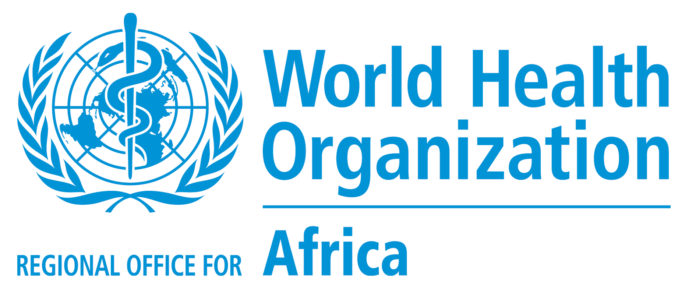
In a first of its kind, the World Health Organization (WHO) Regional Office for Africa’s Pathways to Leadership for Health Transformation Programme this week gathered experts from three of the Organization’s regional offices to equip them with crucial skills on health leadership to help bolster individual and organizational efforts towards a stronger future for global health.
The 30 October to 2 November 2023 training in Istanbul, spearheaded by the WHO O Regional Office for Africa, brings diverse experts from across the African, Eastern Mediterranean and European regional offices with a shared mission on strengthening health leadership.
Over the four days, senior leaders from these regions will be equipped with strategies and skills crucial for revamping WHO outcomes in their offices. The primary goal is straightforward yet profound: to offer high-calibre leadership training and strategic support to senior leaders, empowering them to bring about significant change in health outcomes. This workshop is part of a three-month programme that seeks to produce agile leaders who can navigate the ever-evolving health landscape and drive impactful reforms.
“The presence of participants from diverse regions enriches our understanding of other people’s ways, exchange of best practices, and robust network of WHO leaders adept at navigating the intricate challenges of the contemporary healthcare landscape,” said Dr Matshidiso Moeti, WHO Regional Director for Africa.
“The knowledge and skills acquired here are not just for individual development; they are instruments you carry back to your regions, enabling you to spearhead transformative initiatives, inspire your teams, and contribute to the overarching objective of global health equity,” Dr Moeti added.
Since its inception in 2018, the Pathways to Leadership for Health Transformation Programme has empowered over 250 senior WHO staff from different regions, as well as more than 150 senior officials from the Ministries of Health in Congo, Benin, Ghana, Niger, and Lesotho.
“Learning and development is a priority for (WHO Regional Director for Europe) and good leadership is key to implementing our work,” said Ms Gabrielle Jacob, Special Advisor (Transformation&Organization Development) at the WHO Regional Office for Europe. “W we are very committed to greater and deeper collaboration between Regional Offices and this is another great example – our three offices have shown how collaboration builds bridges to make us truly ‘one WHO’.”
She noted that there has been an overwhelmingly positive response from colleagues who have participated in previous editions of the programme. “We thank Dr Moeti, (WHO Regional Director for Europe) Dr Kluge and (WHO Regional Director for Eastern Mediterranean) Dr Al-Mandhari for their visionary leadership that has enabled the collaboration between the three regions”, she added.
The programme’s architecture is built upon the twin pillars of self-reflection and continuous learning. Recognizing the fluid nature of the health landscape, the workshop prioritizes the cultivation of agile leaders with appropriate skills needed to guide health sector reforms in various countries.
To ensure lasting impact, the Istanbul workshop is meticulously structured. Participants embark on a transformative journey, beginning with an immersion into pre-workshop materials. This initial groundwork enables in-depth exploration during the in-person sessions, where they engage with self-awareness tools, theoretical models for appreciative leadership, coaching and team performance, and reflective exercises.
The programme’s effectiveness lies in its practical application phase. During this stage, participants collaborate closely with professional coaches accredited by the International Coaching Federation to test and apply their newly gained insights in real-life health situations, ensuring that theoretical knowledge transforms into tangible, practical outcomes.
“This leadership course has a very strong track record. We appreciate the vision from our WHO colleagues in AFRO to make it a learning platform across regions, this time including among others 23 senior managers working in countries between Morocco and Pakistan, many of them dealing with different emergencies, conflicts and other crises. We surely need strong leaders in such environments,” said Dr Christoph Hamelmann, Chef de Cabinet at WHO Regional Office for the Eastern Mediterranean.
Dr Kizito Nsarharza, Strategic Advisor for the Transformation Agenda at WHO Regional Office for Africa said: “While the Istanbul meeting is time-bound, its aspirations are timeless. By equipping participants with indispensable skills and knowledge, the program seeks to create lasting ripples throughout WHO and beyond. This isn’t just about individual growth; it’s about collectively elevating health outcomes and ensuring sustainable progress across the board.”
The programme, with its blend of reflection, learning and application, is aimed at redefining health leadership for the better. By intertwining the expertise from Africa, Europe and the Eastern Mediterranean regions, it not only paves the way for innovative solutions but also reinforces the belief that we are stronger and more impactful together.
Distributed by APO Group on behalf of WHO Regional Office for Africa.